One area that I will be paying close attention to, especially as we approach a new school year, is the reaction on our college campuses, which will be directly impacted by the situation in Charlottesville and at the University of Virginia. I have come across a few messages that cover well what I would want to say. And, as I’ve done before on my blog, if someone else has said it better, there is no need to reinvent the wheel.
So I have shared a few excerpts and links to the full messages below:
One message is from our former K-State President, Kirk Schulz, now at Washington State University:
“As a higher education leader, there is no way to reconcile the work that we do with violence and hate…The senior leadership team at Washington State University is united—we strongly denounce racism and Nazism of any kind and condemn the violence that occurred in Charlottesville, Virginia. Hate has no place at WSU…
…We also believe in the mission and purpose of higher education. As vile and offensive as we find certain speech and individuals who hold those beliefs, we are committed to wrestling with, challenging, and combating racism and anti-Semitism to become the community WSU must be. It is not just about our campuses—it is about our nation’s future…WSU is a microcosm of what is happening throughout our nation. Our work begins at home…”
Another message is from the new Chancellor of the University of Kansas, Douglas A. Girod:
“…Like many of you, we were horrified at the sight of white supremacists with racist and hate-filled messages marching on a university campus...As faculty, staff, and students return to Mount Oread this week, we will apply ourselves to discussing how we can continue to confront hatred and bigotry, both through our scholarship and efforts outside the classroom. More broadly, we will commit ourselves to our ongoing work to address diversity and inclusion on our campuses, and to ensure that all Jayhawks feel valued and welcome here.
The University of Kansas is a marketplace of ideas. We will–and should–have difficult conversations and disagreements with each other on complicated topics. But racism, intolerance, and hatred–and violence borne of those views–are never acceptable at KU and, in fact, are antithetical to our values as a university. We pledge to work with all of you to ensure we live up to those values and do our part to condemn and confront prejudice and hate wherever they exist.”
The final one comes from the President of the Association of Public and Land-grant Universities, Peter McPherson:
“…Precisely because public universities are and always must remain committed to free speech, hate groups have aimed to turn campuses into flashpoints. What’s more, public universities have a large number of students who may well protest hate speech. Hate groups know their demonstrations, including violent ones, can and do spark a spectacle and ultimately draw attention to their hateful views.
Still, we must denounce their hateful rhetoric. The First Amendment is not just a right. It’s also a responsibility. We must speak out against evil, hateful beliefs through free speech of our own that advances the shared American value of equality. The struggle against hate will only be won through education and public understanding.”
Each of these messages make it clear that Higher Ed leaders are stepping up to the challenges we face. And, as a Wildcat, I know that our leadership and the entire Wildcat Nation join in these concerns so passionately expressed. And, as students of all ages return to school in Kansas and across the country, it is important that they enter in a welcoming environment that is focused on their success. They are the future, and it is critical that they learn from these challenging times, live out our country’s values, and continue working toward the ideals of our founding.
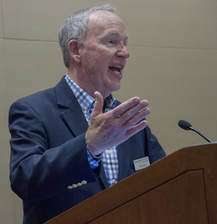
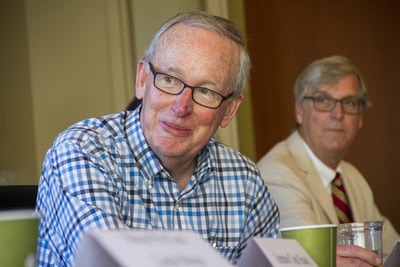
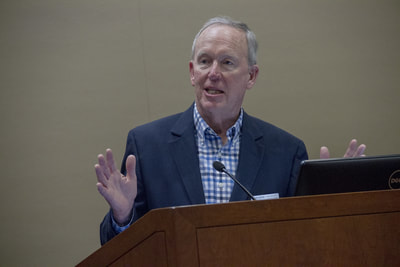
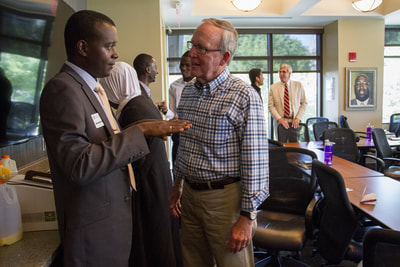
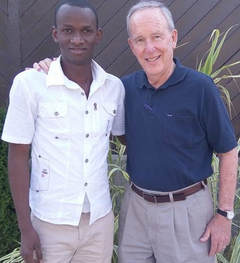
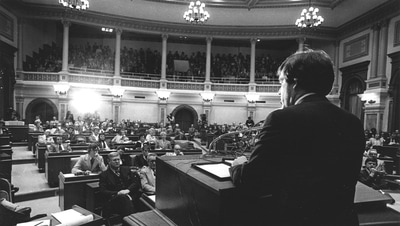
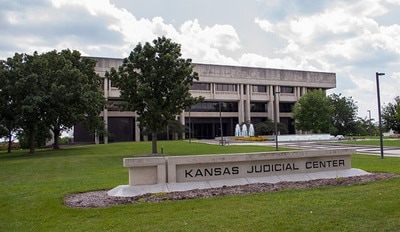

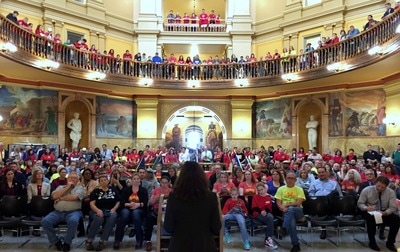
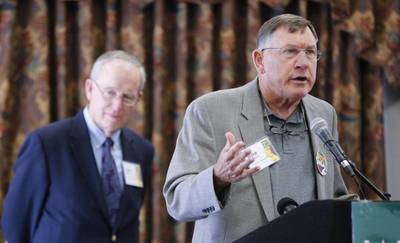
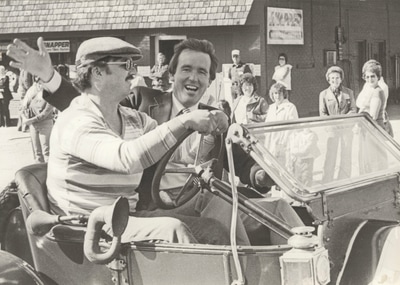
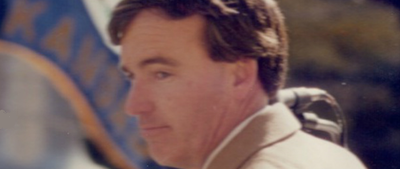

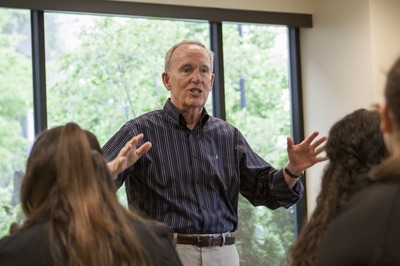
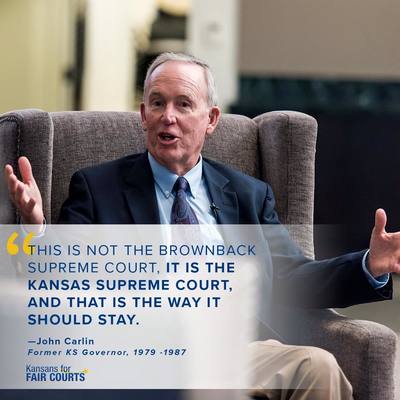
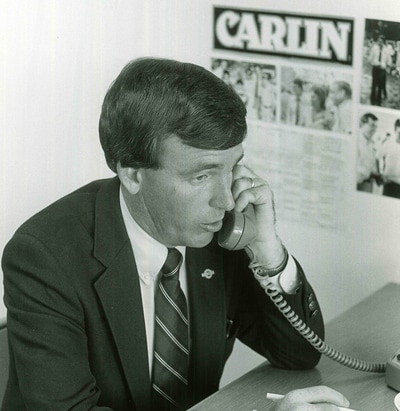
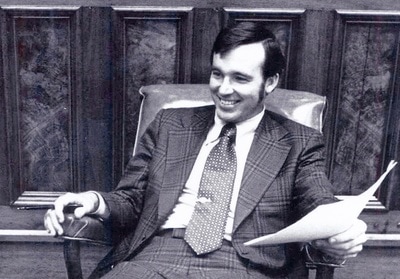

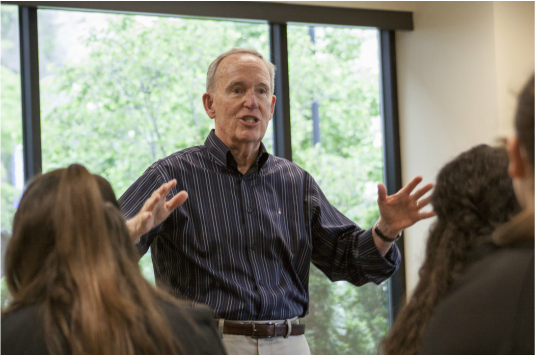
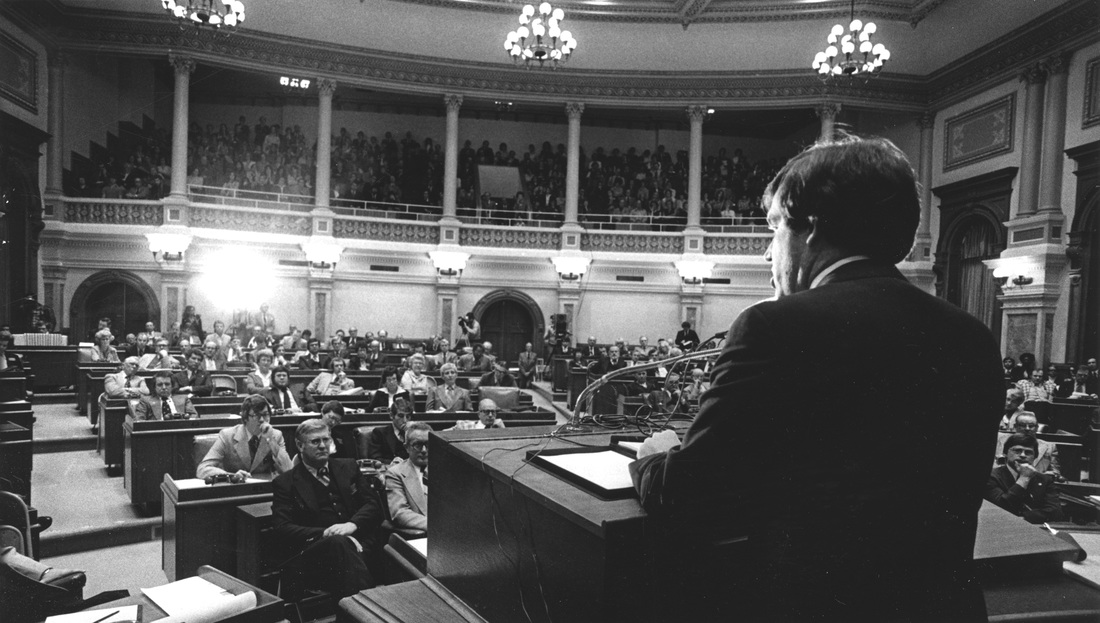
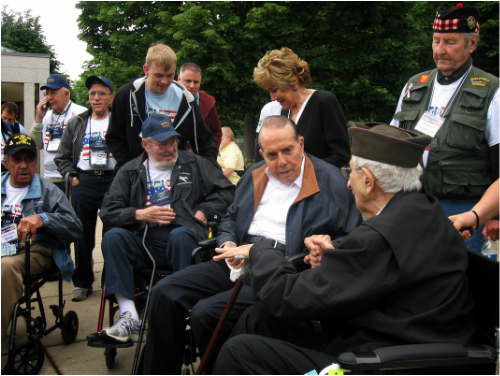
 RSS Feed
RSS Feed